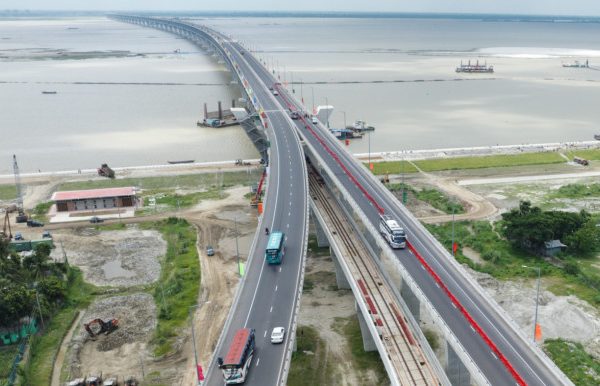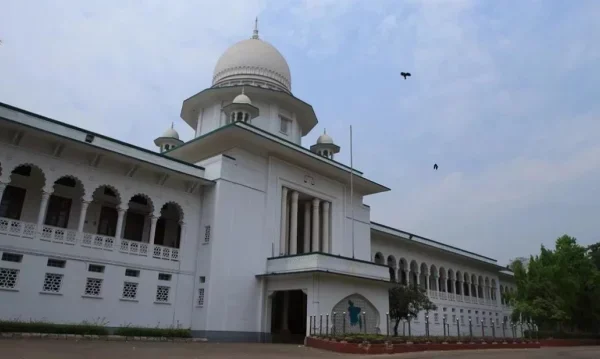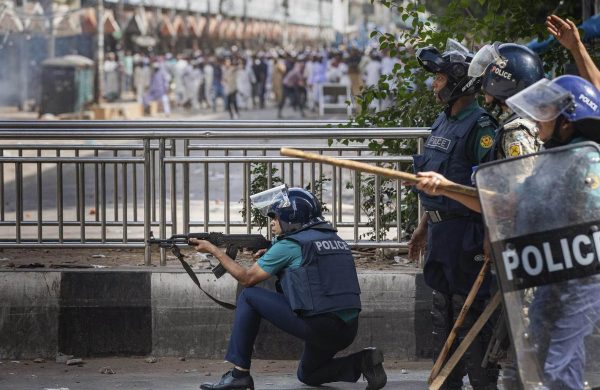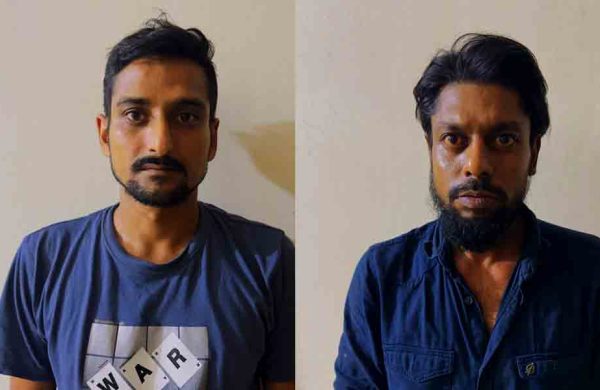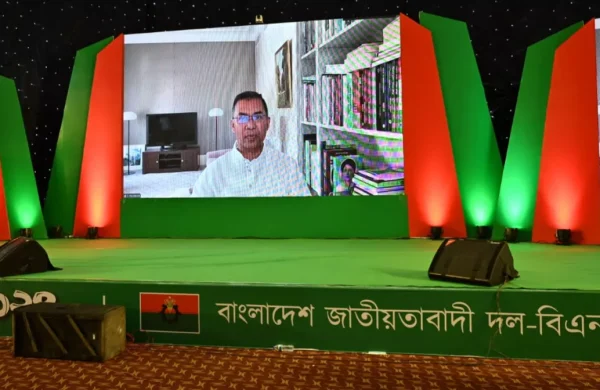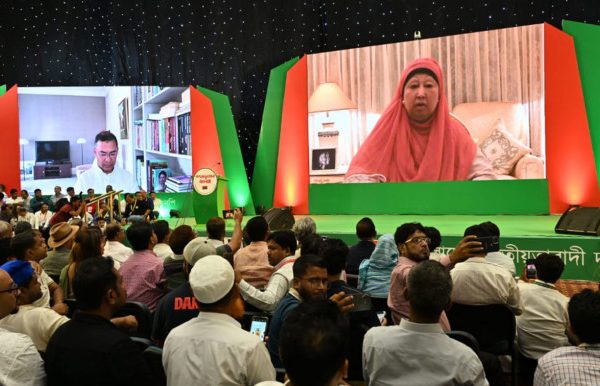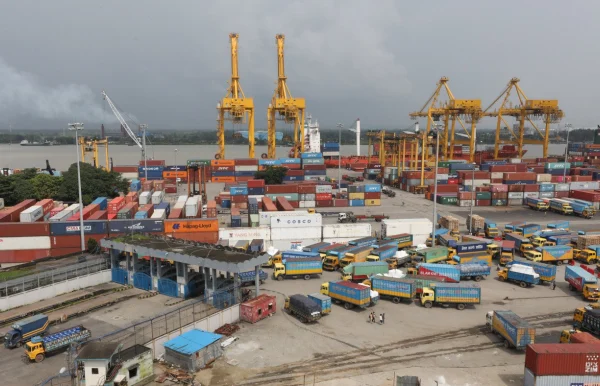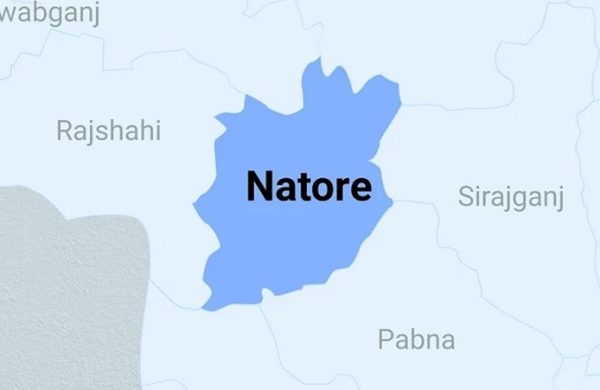Tareque Rahman was sentenced under gun threat: Judge
- Update Time : Saturday, September 7, 2024
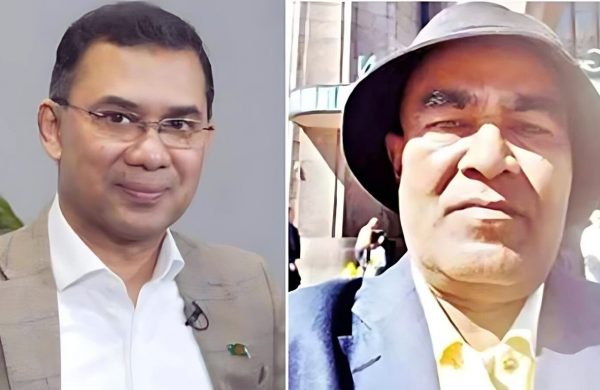
TDS Desk:
During the Awami League’s rule, BNP leader Tareque Rahman faced trial in Dhaka’s Special Judge Court-3 for an alleged corruption case involving money laundering abroad.
Before the verdict was delivered, a series of dramatic events unfolded, with immense pressure and threats directed towards Judge Motahar Hossain, insisting on Tareque Rahman’s conviction.
Initially, Judge Motahar Hossain stood firm in his resolve to base the verdict on evidence. However, the pressure escalated. Abu Saleh Sheikh Md Zahirul Haque Dulal, an official from the Ministry of Law (who later became the Law Secretary), directly contacted the judge, and discussions ensued.
As the judge continued to resist, Dulal resorted to threats. Judge Motahar was summoned to the residence of a High Court judge in Dhanmondi, where Dulal and several intelligence officers were present. Armed with pistols, the officers created a frightening atmosphere, insisting on Tarique Rahman’s conviction.
Despite being told there wasn’t enough evidence to convict Tareque, Dulal insisted that the judge had to issue a guilty verdict. Dulal even offered to write the verdict himself, asking the judge to simply read it. However, Judge Motahar did not comply. Instead, he read his own judgement in court, acquitting Tareque Rahman of all charges.
Following the verdict, Judge Motahar faced severe security threats. One month before his retirement, the situation forced him into hiding. Realising plans were being made to take action against him, he packed up his office the day before retirement and fled the country, taking his son with him to Malaysia.
Since then, Judge Motahar has lived a nomadic life, moving from country to country under constant surveillance by intelligence agencies. In 2022, he was granted political asylum in Finland, where he now resides with his son.
Reflecting on his ordeal, Judge Motahar recounted an earlier incident shortly after the Awami League’s second return to power, when he was attacked for issuing a verdict against party leaders in Chuadanga. The attack forced him into hiding for 41 days.
On 17 November 2013, Judge Motahar acquitted Tareque Rahman in the money laundering case due to lack of evidence. He stated that the charges were politically motivated and aimed at harassing Tareque. Despite the immense pressure from various high-ranking officials, including the then-Law Secretary and intelligence officers, he upheld justice by delivering a fair judgement.
After delivering the verdict, Judge Motahar went into hiding again due to threats to his life. Eventually, he learned that there were plans to abduct him on his retirement day. Acting swiftly, he left his office the day before retirement and fled the country.
In Malaysia, he continued to face surveillance and later moved to Nepal, before finally securing asylum in Finland. His wife and two sons remained in Bangladesh, enduring a difficult time due to security concerns. His wife passed away four years ago, but he couldn’t attend the funeral. His two sons now reside in Natore.
Judge Motahar revealed that the Anti-Corruption Commission (ACC) filed a case against him, demanding information about his assets. He informed them that he had no property, only ancestral land and a garden. Following the 5 August uprising, the ACC withdrew its case against him.
Regarding his plans to return to Bangladesh, Judge Motahar said, “I am monitoring the situation. I want to return to Bangladesh soon. I’ve lost so much in my life, and my family has been torn apart. Returning would bring me some peace.”
“Through the historic revolution of the students and the people, Bangladesh has been freed from dictatorship and fascism. Now is the time to ensure that the judiciary is free from all kinds of influence, so that justice can be guaranteed for all,” he added.



